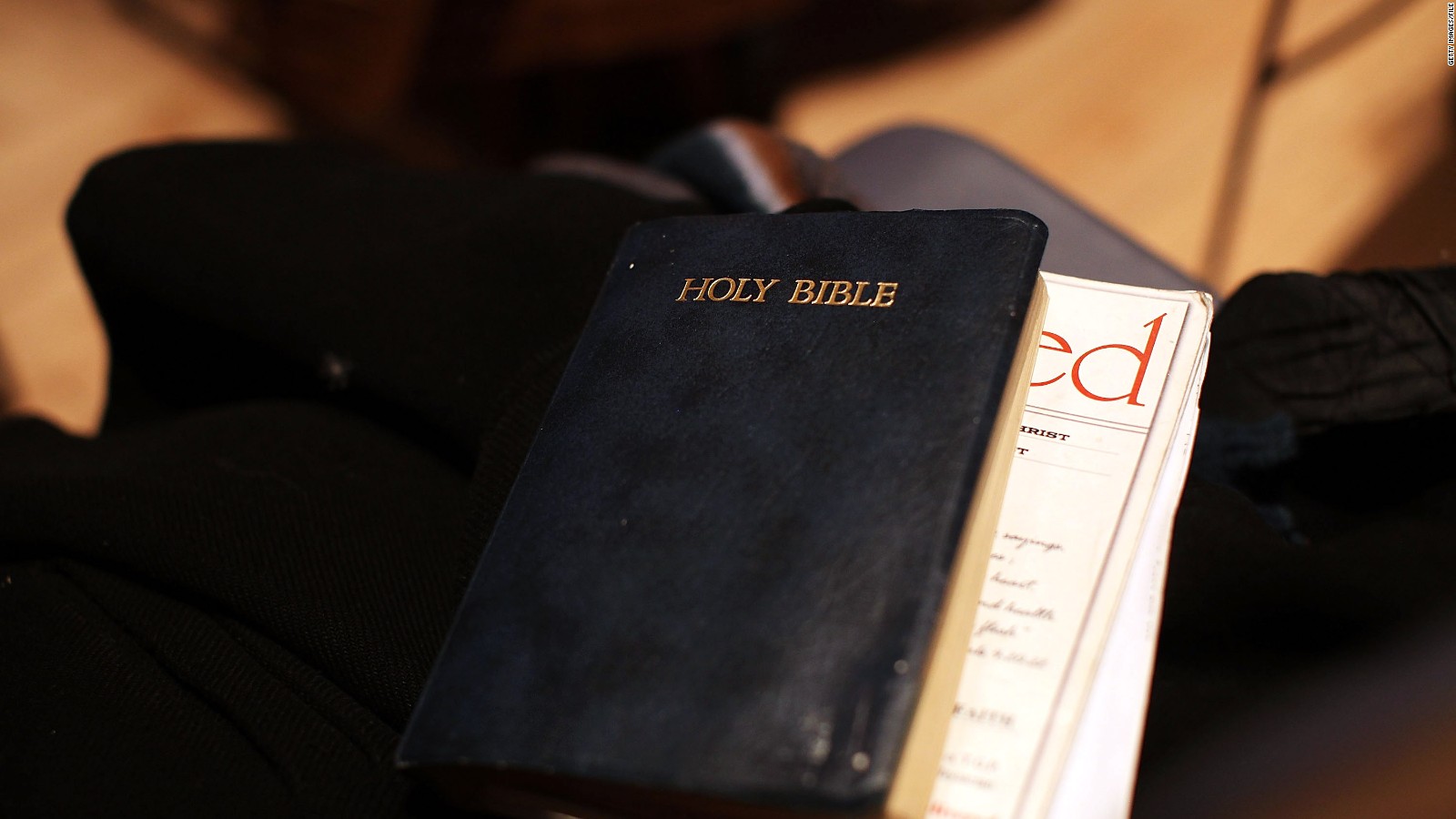A Catholic reads the Bible, week 11: Seeking professional help

After reading the Bible on her own for 10 weeks, Laura Bernardini seeks out profession help.
Story highlights
- Laura Bernardini was either the best or the worst of wedding guests
- A virtual community has formed around Bernardini's biblical reflections
Laura Bernardini is director of coverage in CNN's Washington Bureau. The views expressed in this column belong to Bernardini.
(CNN)This is week 11 of an ongoing series: A Catholic Reads the Bible. Read week one, week two and week three.
My friends Judith and Chad got married this past Saturday in North Carolina. At the ceremony, I found myself staring at the minister, who was holding -- you guessed it -- a Bible.
Immediately, my mind wandered from the beautiful service to how to approach this total stranger and besiege her with questions about the Bible.
This either makes me the best or worst wedding guest of all time.
When I told Pastor Jeanne Neal that I was reading the Bible cover to cover, her response was, "Oh, bless your heart."
This was not encouraging.
I will confess to even pulling up my last column and forcing her, mid-reception, to read it.
Conversation started: mission accomplished.
Neal's patience with my Biblical impatience was remarkable. She reminded me to stop thinking of the Bible with my 2015 perspective. And she went through how the oral tradition made the repetition of stories (and rules) necessary.
I started to feel much better about the Bible. It was so great to share my thoughts and bounce ideas off her.
Then, I had that promised conversation with Rabbi Esther Lederman of Temple Micah in Washington.
I had also sent Rabbi Lederman the last post and she laughed at my exaggerated contention that there are 10,000 commandments. The real number, she told me is 613.
And like Pastor Neal, Rabbi Lederman reminded me of the oral tradition that was recorded to inform, and to remind Jews who lived without the benefit of books or Google.
Lederman also mentioned that whole 2015-perspective-problem and urged me to realize that the Bible (The Talmud, to Jews like the rabbi) was meant to give us the whole narrative -- the two stories of Creation, the repetition of the commandments inspired by God and curated by humans. She, like Neal, was surprised I was reading the Bible from cover to cover on my own.
Lederman introduced me to a term I hadn't heard before -- Chevrutah. It means to study the Talmud with someone else, a partnership.
I had an a-ha moment.
Without realizing it, I have loosely been practicing Chevrutah. My whole family has been a sounding board -- I have been seeking counsel from every last one of them. My friend Liz is always a text away. And my poor colleagues, Leslie and Allison, usually hear my latest thoughts when I walk into work every morning.
What's more, strangers have been reaching out as well via social media. Marilyn from Florida has written me four letters to talk me through the Nazirites, Levites, and sundry other topics.
Even pulling Pastor Neal aside is part of that Chevrutah process for me.
And don't worry, Deuteronomy ended better than it started.
Towards the end, Moses climbs Mount Nebo to view the Promised Land before his death. I visited Mount Nebo in 2014. I mark this as a sign that I am on the right track.

No comments:
Post a Comment